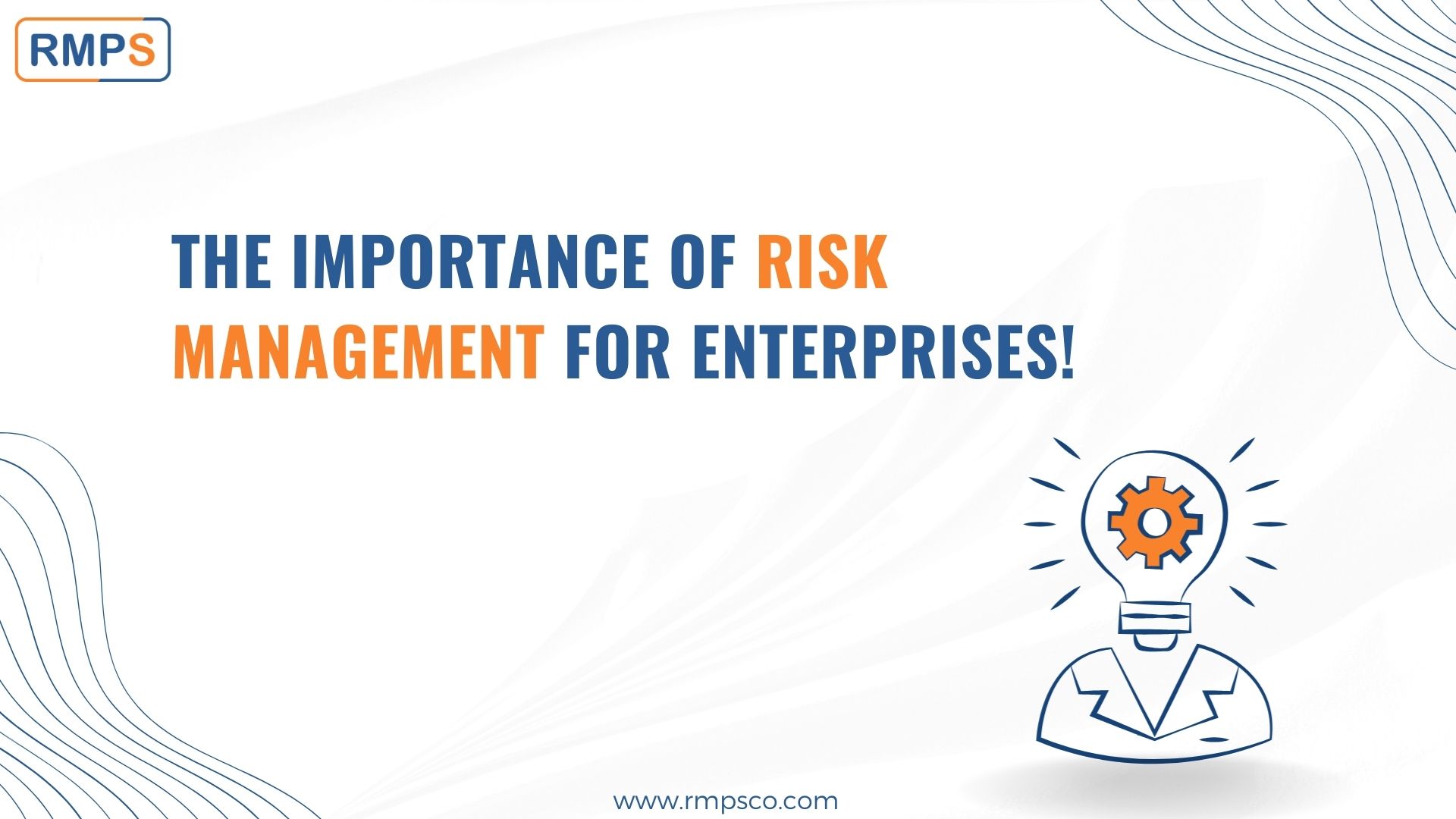The Function and Importance of Risk Management in Ensuring Organizational Continuity
The Function and Importance of Risk Management in Ensuring Organizational Continuity
Blog Article
The Relevance of Recognizing the Value of Risk Management in Numerous Industries

The Core Concept of Risk Management and Its Objective
Risk Management, the foundation of lots of industries, pivots on the recognition, evaluation, and mitigation of unpredictabilities in an organization atmosphere. By appropriately recognizing possible dangers, organizations can create approaches to either protect against these threats from taking place or lessen their effect. Once dangers have actually been determined and examined, the mitigation process involves creating methods to decrease their prospective influence.
Benefits of Implementing Risk Management in Business Workflow

Unveiling the Role of Risk Management in Different Industries
While every industry faces its distinct collection of dangers, the implementation of Risk Management techniques continues to be a common denominator in their pursuit of sustainability and growth. In the health care market, Risk Management involves ensuring patient security and data security, while in finance, it entails mitigating financial investment threats and guaranteeing regulative conformity. Inevitably, the function of Risk Management across industries is to recognize, evaluate, and reduce risks.
Real-life Study Demonstrating Effective Risk Management
To understand the value of Risk Management in these several sectors, one can look to a number of real-life circumstances that highlight the successful application of these actions. Toyota, upload the 2011 earthquake in Japan, changed its supply chain Management to lessen disruption risks. These situations show how industries, discovering from crises, properly applied Risk Management techniques to decrease future dangers.
Future Trends and Developments in Risk Management Strategies
Cybersecurity, as soon as an outer issue, has catapulted to the leading edge of Risk Management, with methods concentrating on reaction, avoidance, and discovery. The integration of ESG (Environmental, next Social, Governance) factors into Risk Management is have a peek here one more expanding pattern, mirroring the raising recognition of the function that ecological and social threats play in service sustainability. Thus, the future of Risk Management exists in the fusion of innovative technology, ingenious approaches, and a holistic strategy.
Final thought
In final thought, comprehending the relevance of Risk Management across a range of sectors is vital for their long life and prosperity. Ultimately, effective Risk Management adds to more resilient and lasting companies, highlighting the value of this technique in today's dynamic and very competitive business atmosphere.
While every industry faces its special collection of risks, the implementation of Risk Management methods remains an usual denominator in their pursuit of sustainability and growth. In the medical care industry, Risk Management involves ensuring person safety and security and data security, while in financing, it entails mitigating investment dangers and making certain governing conformity. Ultimately, the role of Risk Management across markets is to Learn More recognize, evaluate, and mitigate dangers. These instances demonstrate exactly how industries, learning from crises, successfully used Risk Management strategies to reduce future risks.

Report this page